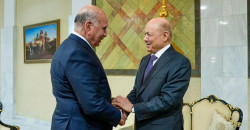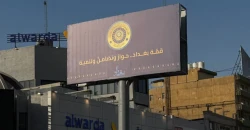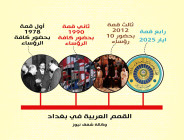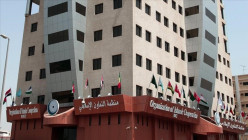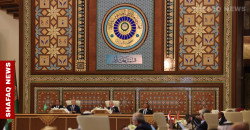Baghdad Declaration: Arab League unites on key issues
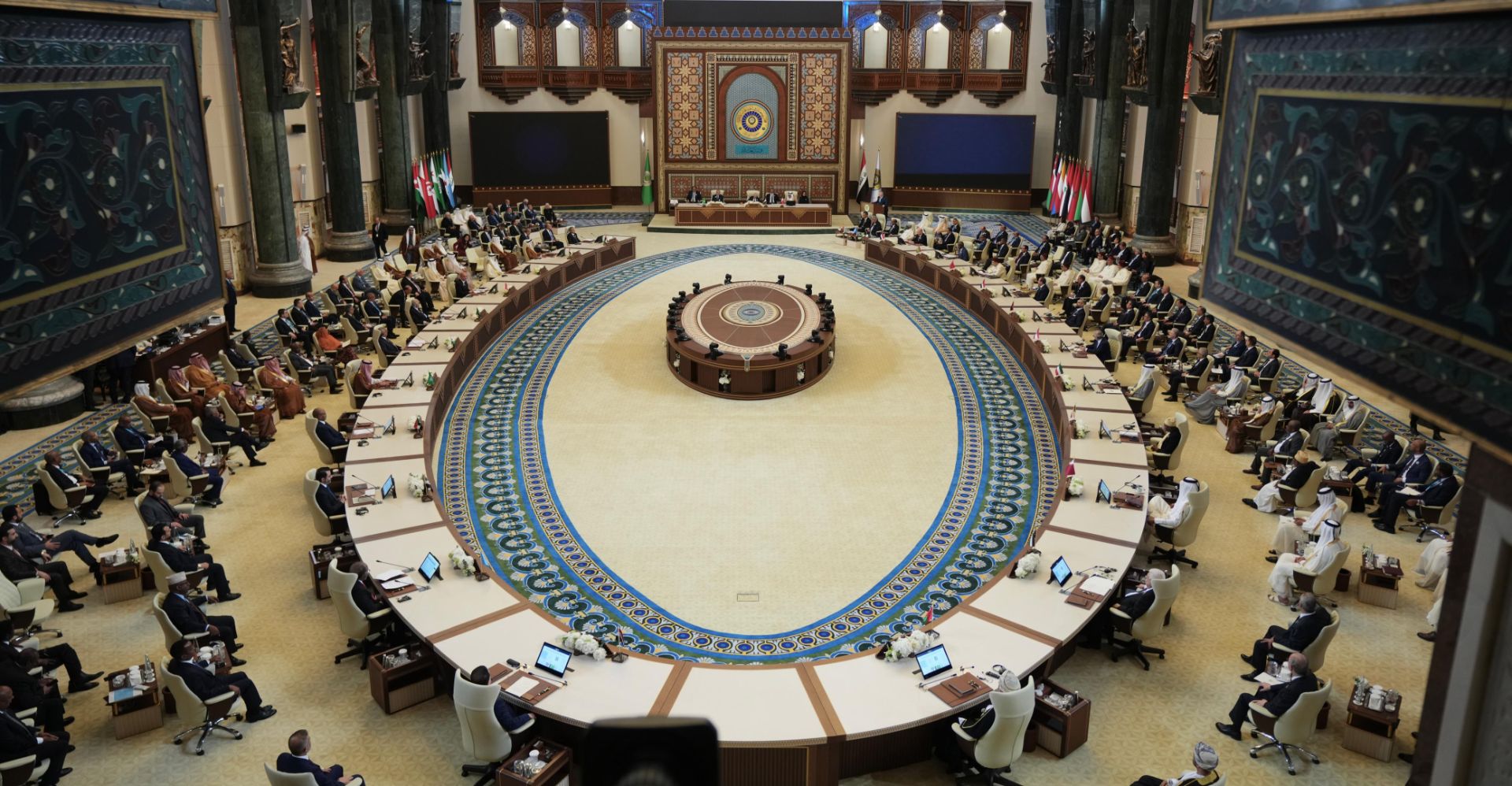
Shafaq News/ The 34th Arab League Summit and the 5th Economic and Social Development Summit concluded in Baghdad on Saturday with the adoption of the Baghdad Declaration, outlining collective positions on Gaza, Syria, regional conflicts, economic integration, and security coordination.
Hosted by Iraqi President Abdul Latif Rashid and Prime Minister Mohammed Shia al-Sudani, the twin summits gathered heads of state, foreign ministers, and senior envoys from across the Arab world.
Unified Arab Stance on Palestine
The declaration opened with a call for an immediate ceasefire in Gaza, urging the deployment of UN peacekeeping forces across Palestine. Arab leaders accused Israel of “war crimes,” citing forced displacement, starvation tactics, and indiscriminate bombardment.
Reaffirming support for Palestinian statehood based on 1967 borders with East Jerusalem as its capital, the summit praised the May 2024 UN General Assembly vote favoring full Palestinian membership and pressed the UN Security Council to formalize the decision.
The bloc also approved the creation of a joint Arab-Islamic fund to support reconstruction in Gaza and Lebanon, with Iraq pledging the first contribution. Jordan’s “Hope Restoration” prosthetics program for Gaza’s war-wounded received special recognition.
Arab states reiterated opposition to any unilateral changes to Jerusalem’s legal and historical status, backing Jordan’s custodianship of the city’s Islamic and Christian sites and Morocco’s leadership of the Al-Quds Committee.
Leaders also welcomed South Africa’s “genocide case” against Israel at the International Court of Justice as a turning point for international law. They also praised Spain, Ireland, and Norway for recognizing the State of Palestine and encouraged others to follow suit.
Broader Regional Issues
The declaration endorsed US President Donald Trump’s decision to lift sanctions on Syria, commending Saudi Arabia for facilitating regional reconciliation. Leaders backed a political transition preserving Syrian unity and diversity, proposing an inclusive national dialogue hosted in Baghdad under Arab League oversight.
They also condemned ongoing Israeli strikes on Syrian territory, urging UN action against what they described as violations of international sovereignty.
The summit further reaffirmed support for Lebanon’s sovereignty and the full implementation of UN Resolution 1701, including Israel’s withdrawal from disputed territory, calling for unity and governance reforms to resolve Lebanon’s ongoing crisis.
On Sudan, leaders endorsed IGAD’s peace initiative, pushing for a comprehensive political settlement. They also renewed support for a negotiated solution in Yemen, urging credible elections in Libya, along with the removal of all foreign forces and mercenaries.
Shared Arab Priorities
Leaders emphasized water security as a matter of national interest, pledging support for Iraq, Egypt, Sudan, and Syria in negotiations over shared water resources. The declaration reiterated Arab commitment to a nuclear-weapon-free Middle East, demanding that relevant parties join the Non-Proliferation Treaty.
It condemned terrorism, particularly from ISIS and al-Qaeda, endorsing Iraq’s creation of a National Center for Counterterrorism and Violent Extremism and Saudi Arabia’s proposal for a regional Cybersecurity Council. Leaders urged stronger action against organized crime, drug trafficking, and cyber threats.
The document also encouraged campaigns to confront hate speech, sectarianism, and extremism while promoting tolerance and interfaith dialogue.
Diplomacy, Climate, and Global Engagement
Paying tribute to the late Pope Francis, who passed away in April 2025, the summit acknowledged his efforts for peace and welcomed his successor, Cardinal Robert Francis Prevost.
On global issues, Arab leaders favored diplomacy over military confrontation, voiced support for renewed US–Iran nuclear talks, and thanked Oman for its role in facilitating dialogue.
The declaration concluded with renewed commitments to the UN Sustainable Development Goals, regional climate initiatives, food and water security, and the peaceful use of nuclear energy—presented as pillars of a unified Arab vision for long-term stability and resilience.

